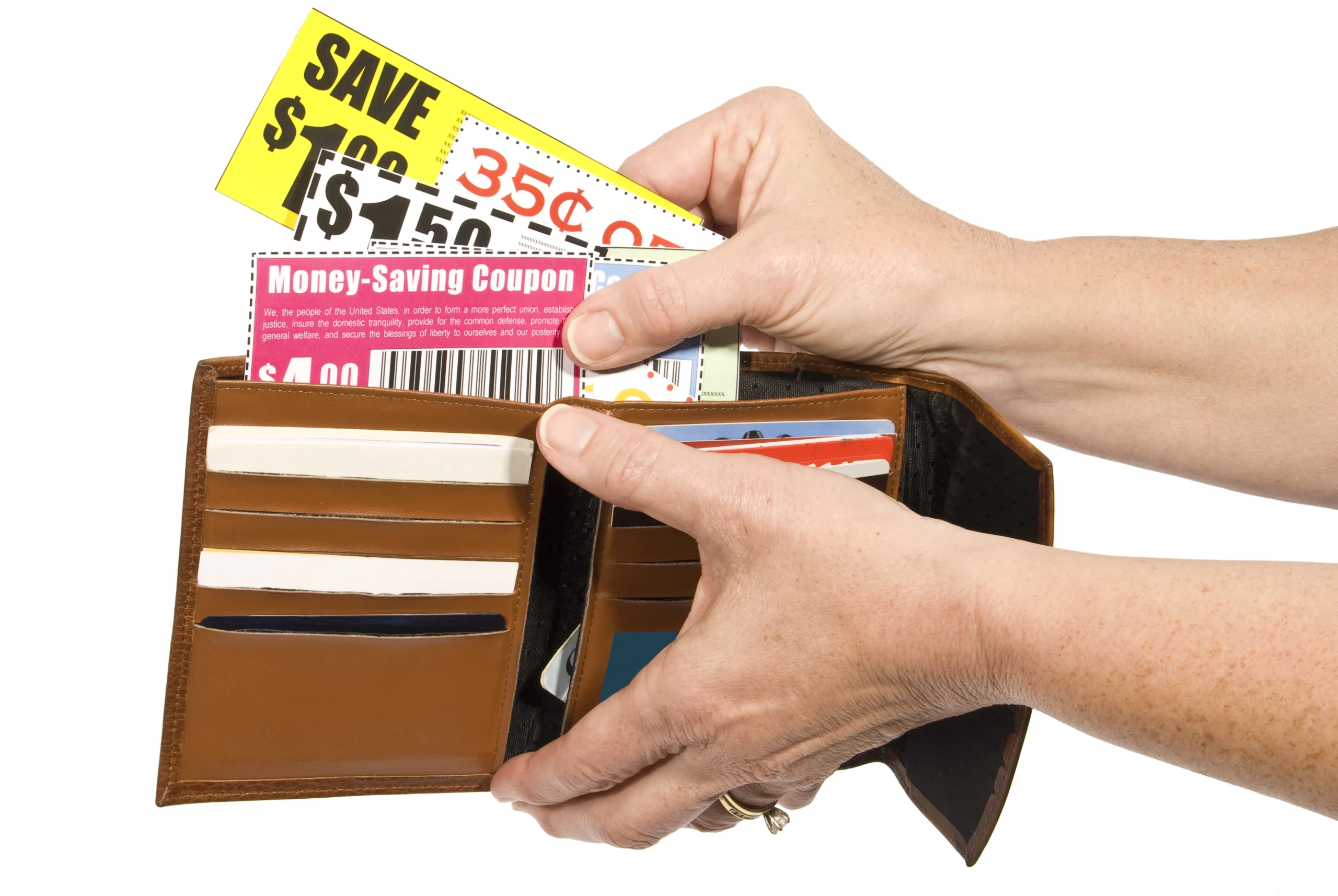In today’s economy, groceries are one of the biggest expenses. The Bureau of Labor Statistics released data showing an average spend of $504 a month for households in September.
But what if I told you there are simple and effective ways to save big at your local grocery store? And the last one can save 1000s of bucks, Let’s get some practical tips that will help you Maximize Savings at Grocery Stores!
Here are the six ways:
1. Use 5 4 3 2 1 rule for grocery shopping:
To save on groceries and eat healthier, follow the 5-4-3-2-1 rule. This rule says, Each week, buy five fruits, four vegetables, three proteins, two dairy items, and one fun treat. This helps you maintain a wide range of foods, providing the essential vitamins and minerals your body needs. It’s an easy way to stay within your budget and save more while eating a balanced diet.
By mixing and matching these ingredients, you can create a variety of meals that are both exciting and nutritious. This strategy encourages eating more and, making it easy to focus on healthier meals without overspending. It’s the perfect way to enjoy healthy meals and save your money at the same time!
2. Check First. List Next. Shop Right:
When you go to the grocery store, it’s important to have a clear plan in mind. This means you should make a list before you buy any food items. Start by taking a quick look at what you have in your fridge, freezer, and pantry. Hillary Seiler, chief executive officer of Financial Footwork, suggests checking your inventory and reviewing your last grocery order to see if you have any unneeded items or duplicates.
With this mindset, you are less likely to make impulse purchases or buy things on a spur-of-the-moment decision.Plan your meals for the week and stick to your prepared list. You’ll be more likely to avoid overbuying.
Buying extra food raises your bill, but also leads to food waste. For even more ways to cut everyday spending, check out these money saving shopping tips that can help you shop smarter year-round.
For example, you might realize that you really need eggs but don’t need a dozen if you’re only making a few recipes. Every little bit counts, and having a reference to stick to the list will ensure you don’t purchase things that sounded good but you will not consume.
3. Use Coupons While Shopping Online:
Shopping online for groceries can help you save a lot, especially when you use coupons. Many grocery stores offer digital coupons on their websites and mobile apps. Before you start shopping, take a few minutes to browse the available discounts and coupons. When you add items to your cart, these coupons will often apply automatically at checkout, giving you instant savings without extra effort. You can find great coupons and discount codes offering up to 70% off on more than 500+ brands.

By using coupons, you can also take advantage of special loyalty rewards. If you sign in or link your loyalty card, you might get extra discounts that are not available for regular shoppers. It’s a simple way to cut down your total bill and make shopping easier while still getting the best deals.
Apply this Warehouse Discount Grocery code and grab 50% Off, but be quick before it expires.
4. Think Twice Before Buying Bulk:
When shopping at grocery stores, buying in bulk might seem like a great idea, especially when you see massive packs and think you’re getting a better value. However, checking the price per unit is crucial to avoid misleading pricing. Sometimes, bigger quantities don’t mean lower prices. For example, a super-sized tub of hummus at Costco may look like a bargain, but if you don’t use it quickly, you could end up losing money as the food expires or gets wasted.
Before making your purchase, ask yourself two questions: Do I need that much? Will I be able to eat it all, or will some go to waste? You might find that a smaller pack fits your needs and costs less overall, saving you from buying more than you can use. Always compare pricing and consider if you’ll really use the product before stocking up.
5. Start With the Sale:
When you start shopping, always look for sale items. These are usually placed in easy-to-see spots, like near the store entrance or at the ends of aisles. You can often find great deals on essentials like milk, eggs, and even chicken thighs. These are items you need anyway, so why not save while buying them?
Also, keep an eye on sales flyers or check online for special discounts. Sometimes, you can even find coupons for big-brand products. If you see discounts on frozen items like ice cream or cookies, grab them to stock up for later. Shopping smart and looking for sales helps you save without missing out on the things you love!
6. Price Check = Smart Save:
When shopping for groceries, it’s smart to compare prices between different stores. The cost of items like food, name-brand, and generic products can vary a lot. For example, Walmart, Aldi, and Trader Joe’s all offer different prices for the same products, so it’s worth taking the time to check each store’s pricing.
Look at the unit price to get the best value, especially when buying in bulk. Sometimes, smaller packages can be more affordable than buying bigger packs. Tracking these sales and pricing helps you avoid misleading deals and ensures you’re getting the tastiest food without going over your budget. Taking a little time to crosscheck prices can add up to pennies saved with each trip to the store.

Frequently Asked Questions(FAQ’s):
1. What grocery store saves you the most money?
Ans: Costco is often the best grocery store for saving money, especially if you buy in bulk. Many customers choose Costco for essentials like meat, rice, fruit, snacks, and baked goods, as these items tend to cost less than at other stores.
2. What is the cheapest supermarket?
Ans: According to a recent price analysis, Aldi is the cheapest supermarket in the UK, with Lidl close behind, just 35p more expensive. The comparison included both branded and own-brand items like Birds Eye Peas, Hovis bread, milk, and butter.
3. What is the cheapest day to shop?
Ans: The cheapest day to shop is Wednesday. Many supermarkets release their new circulars on this day, so you get the first pick of the best deals. Shopping on Wednesday helps you grab discounts on food and other essentials before they sell out.
4. What is the best time to go to the grocery store?
Ans: The best time to go to the grocery store is in the morning or late evening on weekdays. These times are less crowded, making your shopping experience quicker and more relaxed. Avoid the busy hours between 3 to 5 p.m., when many people stop by after work.
5. What is the 60 30 10 budget rule?
Ans: The 60/30/10 budget rule is a simple way to manage your finances. You allocate 60% of your monthly income to essential expenses, like gas, utilities, groceries, and rent. 30% goes towards discretionary spending, such as shopping or dining out. The remaining 10% is saved or used to pay off high-interest debt.

Final Thoughts:
Grocery shopping is likely the largest part of your household expenses. Yet if you play it smart, you can both spend less money and eat decent-quality food. A perfect starting point is the 5-4-3-2-1 rule for healthy, balanced meals on a budget. Work on a shopping list after considering what products are available at your place so that you can avoid unnecessary impulse buys. Choose online grocery coupons and coupons in newspapers to save money easily, and also compare prices between different stores so that you are getting the best deal.
Are you thinking of purchasing in bulk? Rethink it. Before you hit the store, make sure you check whether this can be done cost-effectively, as large quantities may not always be advantageous to your wallet. The best way to start your shopping is with sale items that have a higher discount and who follow this guideline are the persons who get the most savings. Checking prices at different stores in addition to the time spent in doing so is an IDLE way to save over time.
Get upto 70% Off on all food and grocery stores and use them before they expire! Make sure not to miss out on these deals that are only valid for a limited period.




